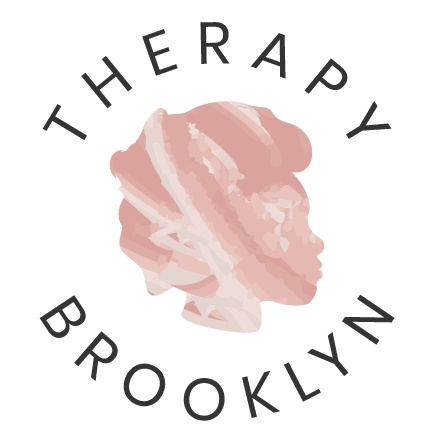Understanding the Loss of Identity in New Motherhood
Becoming a parent involves significant psychological, relational, and physical changes. While new motherhood is often socially framed as a joyful transition, it also involves the restructuring of one’s identity, autonomy, and emotional life. Many new mothers report feeling a sense of disorientation in the months following childbirth, and report not quite feeling like themselves.
At Therapy Brooklyn, we recognize that this sense of loss is not indicative of failure or personal inadequacy, but rather a common and understudied dimension of early parenthood. Read on to learn more about the underpinnings of identity loss in the postpartum period and how psychotherapy can support parents during this complex time.
The Psychological Impact of Matrescence
The term matrescence, coined by anthropologist Dana Raphael refers to the developmental transition into motherhood, akin to adolescence in its scope and complexity. This process encompasses emotional shifts, bodily changes, social role adaptation, and existential questioning. While common, these changes are often minimized or pathologized due to unrealistic cultural narratives around motherhood.
A 2017 New York Times article by reproductive psychiatrist Alexandra Sacks brought renewed attention to this concept, emphasizing that matrescence is a normative psychological transition rather than a psychiatric disorder (Sacks, 2017).
For many women, this shift results in feelings of identity fragmentation. Career aspirations, creative expression, personal autonomy, and relational roles may all be affected. Without adequate social or emotional support, these shifts can cause a profound sense of loss.
Role Overload and Emotional Depletion
New motherhood often entails a high degree of emotional labor. Feeding schedules, sleep deprivation, and the invisible load of caregiving can leave little time for self-reflection or personal restoration. This “role overload” can erode a parent’s sense of agency and connection to their previous identity.
A 2022 study published in BMC Psychiatry found that postpartum women experiencing high role strain were significantly more likely to report symptoms of identity confusion and emotional exhaustion (Molgora et al., 2022). The study highlighted that identity consolidation is a key factor in postpartum well-being.
Many new parents report feeling pressure to “return to normal”, a standard that is both vague and unattainable. This societal expectation often overlooks the internal psychological work involved in adapting to parenthood.
Therapeutic Support for Identity Rebuilding
Psychotherapy offers a structured and compassionate space to explore the internal changes that accompany early parenthood. At Therapy Brooklyn, we specialize in helping new mothers:
Reflect on the evolving nature of selfhood and values after childbirth
Identify and process complex emotional responses to parenthood
Establish boundaries and routines that protect mental health
Strengthen communication within partnerships and support systems
Reconnect with aspects of identity unrelated to caregiving
Rather than focusing solely on symptom reduction, our approach emphasizes emotional integration and the development of a more nuanced and resilient sense of self.
The experience of “losing oneself” after having a baby is notrare or pathological, it is a real psychological experience that deserves understanding and support. Therapy can provide a reliable framework for making sense of this transformation, honoring both the loss and the growth that comes with early parenthood.
If you are navigating new motherhood and feel disconnected from your previous sense of self, you are not alone. Therapeutic support can help you make meaning of this experience and begin the process of redefinition with care and clarity.
Schedule a consultation
Click here to connect with a therapist at Therapy Brooklyn.
References:
Sacks, A. (2017). The Birth of a Mother. The New York Times.
Molgora, S., Fenaroli, V., & Saita, E. (2022). Role overload, identity, and postpartum distress. BMC Psychiatry, 22, 650. https://doi.org/10.1186/s12888-022-04141-y
